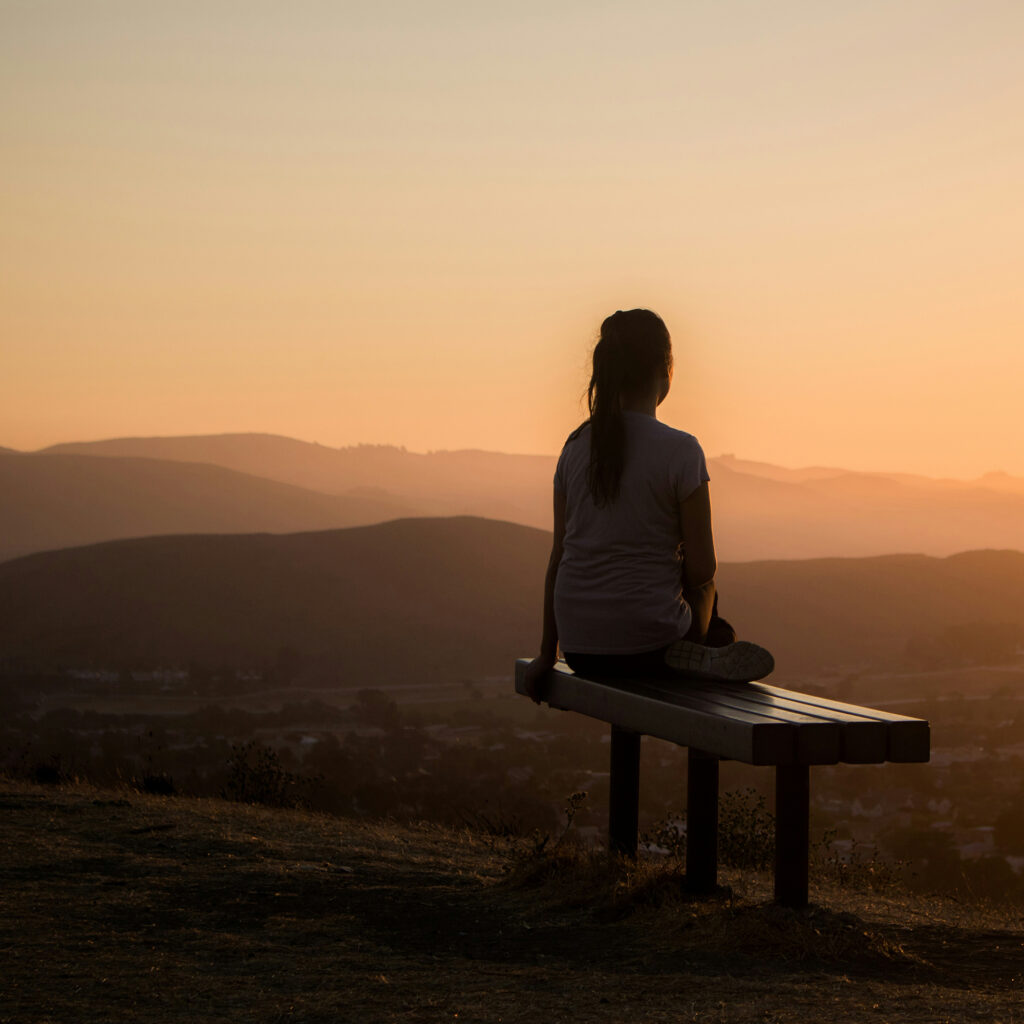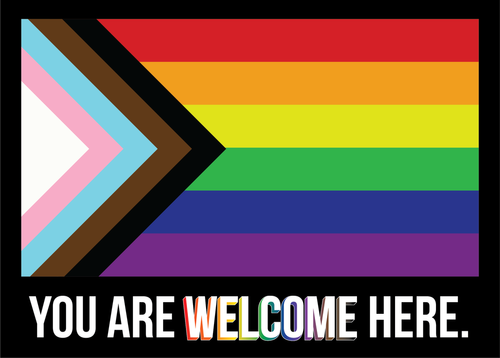
Mindfulness and meditation seem to be everywhere these days. If you have been anywhere near self help or well-being social media, everyone is talking about their meditation practice or the importance of being mindful in your life. Meditation and mindfulness is an important part of therapy because it helps you become more aware of your automatic thoughts and behaviors and increases your ability to choose what you want to do and what you want to focus on in your life. The more you’re able to do that, the more you can live a life that is meaningful to you.
Videos of people sitting with their legs folded like a pretzel while maintaining this serene half-smile, looking so peaceful. Compared to the chatter and chaos that our own minds often contain, these images seem to promise quiet and calm and you may think “I can do that, how hard can it be?” You get out a pillow or a blanket, attempt to contort your legs into that pretzel shape, and close your eyes with that half smile, and maybe for a half second you feel your body relax. Until…
my leg hurts… am I sitting the right way?… how long has it been?… I need to think about dinner later on… why did I say that stupid thing to my friend yesterday… oh wait I’m supposed to be meditating… just breathe… let the thoughts go… let them go… *cue “Let It Go” from Frozen… this isn’t working… my mind is just as loud as ever… I can’t even relax the right way, just like everything else in my life… this sucks… I could be getting something done right now… and 30 seconds later you stand up frustrated with yourself for not being able to do what seemed to come so easy to those people on social media.
If this sounds familiar at all, you’re not alone. It can be disheartening to try to meditate and find that the relaxation and peace you hoped for just wouldn’t come, or worse, you ended up beating yourself up for not being able to do it right, leaving you feeling worse than when you started. I’ve talked to many clients and friends about meditation and most of them share some kind of a story like this along with the conclusion that meditation isn’t for them because they just can’t get their minds to shut up. Some share fears about the difficult thoughts, feelings, and memories that seem to come up whenever they slow down and try to sit with themselves. Taken together, there is plenty of reason to leave meditation in the bucket of “tried it, doesn’t work on me”. I felt like this at the start of my meditation practice, and honestly I still feel like this from time to time. But I want to share a shift in perspective that might encourage you to give it another shot.
We are born with the ability to meditate, it’s the open awareness that a baby enters the world with, that wide eyed gaze that seems to take everything in all at once. As we develop and learn language, the mental chatter starts up to describe the world around us, to navigate new experiences and help with problem solving. This is that endless narration in our minds we call “thinking”; but behind that, where it always has been, is that open awareness. The very fact that you can be aware of your thinking means there is something bigger beyond thought, and it is this space that we are rebuilding our connection to when we meditate.
That feeling of struggle in meditation can feel like trying to swim upriver against the current of your thinking, trying to force yourself to think relaxing thoughts or to stop thought altogether. The only natural result of this struggle will be exhaustion, frustration, and feelings of shame or guilt for not being able to do something that seems so easy to do on social media. But if you found yourself fruitlessly trying to fight against a current, what could you do? The first instinct might be just to stop trying and let yourself be carried away by the river, but that’s what happens when you just let your impulses, your habits, and your past control you, and you find yourself doing the same old things that don’t work.
What if instead you were able to swim to the shore, get yourself out and simply watch the river of thinking? Compared to fighting the current, or the despair of being carried away by it, how much struggle do you think you’d experience just sitting on the shore, noticing the river going by? You could watch the swirls and eddies, the leaves and twigs it carries down, the calm parts, the scary parts. Again, pay attention to the difference in the struggle. It still takes some effort, but the more you practice, the longer you’re able to stay on the shore, watching thinking go by, noticing those painful memories, the unhelpful urges, the annoying earworm from that musical you obsessed over years ago.
This is meditation, the experience of having all the same thoughts you usually do, but instead of being caught up and pushed around by them, you are practicing just noticing them. It’s just as chaotic and just as loud, but much less of a fight. If we could visualize the minds of those people meditating on social media you’d see a room full of thought bubbles with all kinds of crazy thinking going on, just like your mind, and that’s perfectly fine. When you’re sitting and you notice your own thought bubbles, you just notice Oh! There’s thinking and you go back to watching the thoughts flow down the river.
It helps to have guidance when you begin to practice, to be reminded to come back to shore. My recommendation is a free app called Insight Timer, which has thousands of meditations available for all skill levels with no advertisements. Therapy can also be a great place to practice and get feedback on your meditation, to ask questions about your experience and to have another human with a mind just as chatty as yours to relate to.
I have over 7 years of experience meditating and have led guided meditations for groups of up to a hundred people at a time, and my mind is still just as annoying and loud as ever, but I have seen the benefits of meditation in my own life and in the lives of my clients and I am always excited to help clients on the journey reconnecting with the open awareness they were born with.


